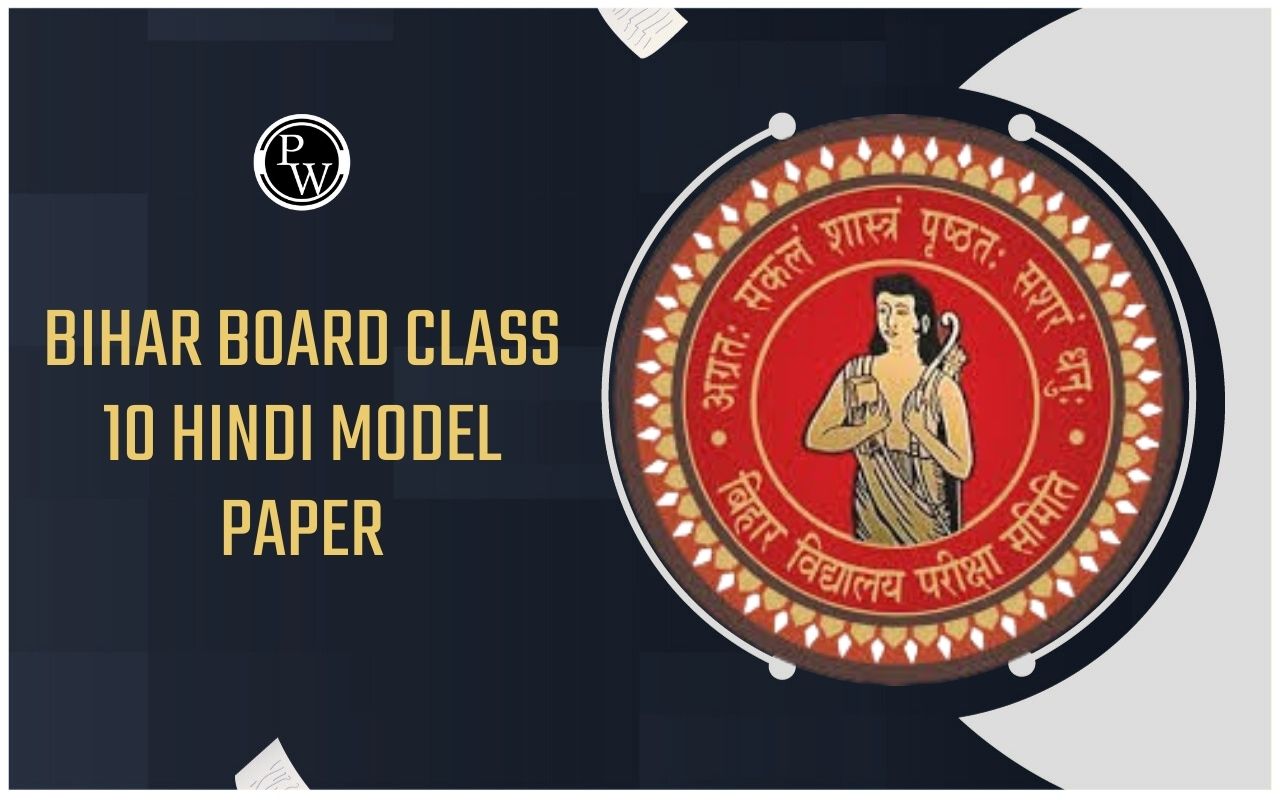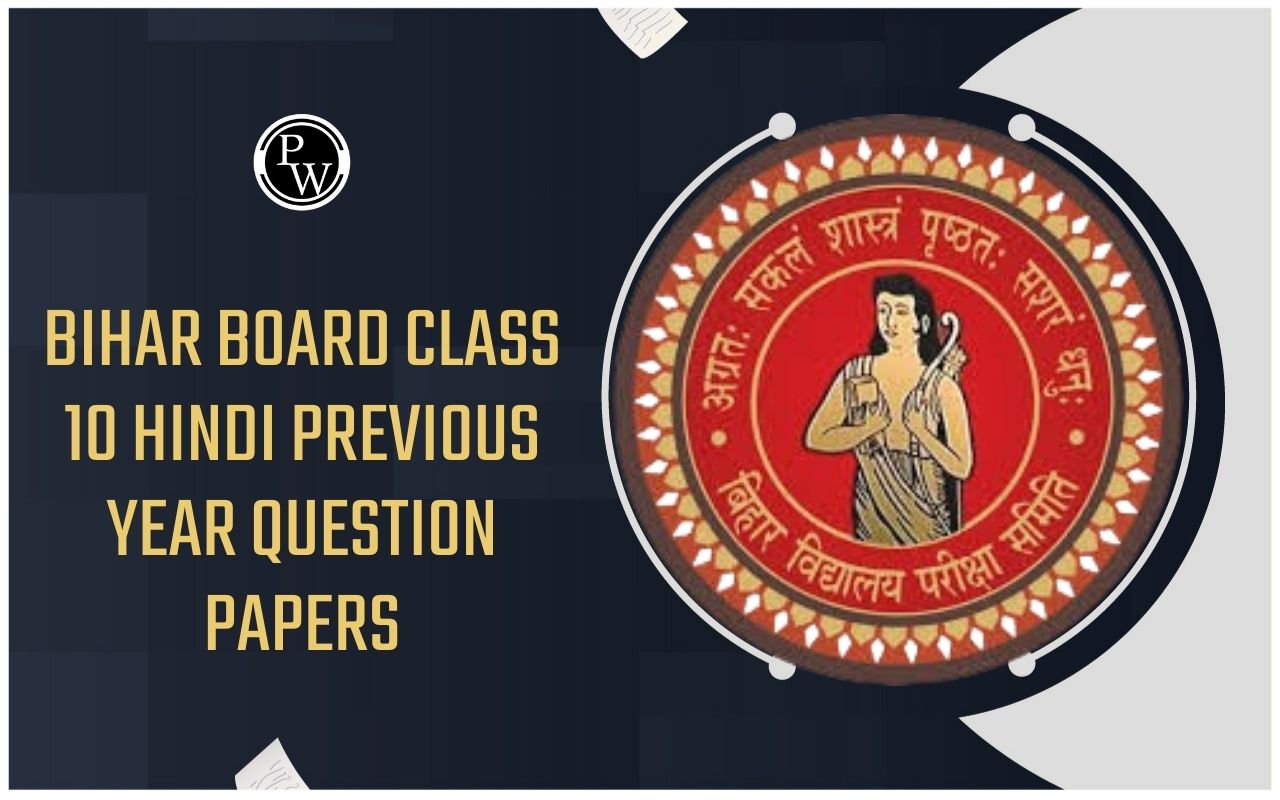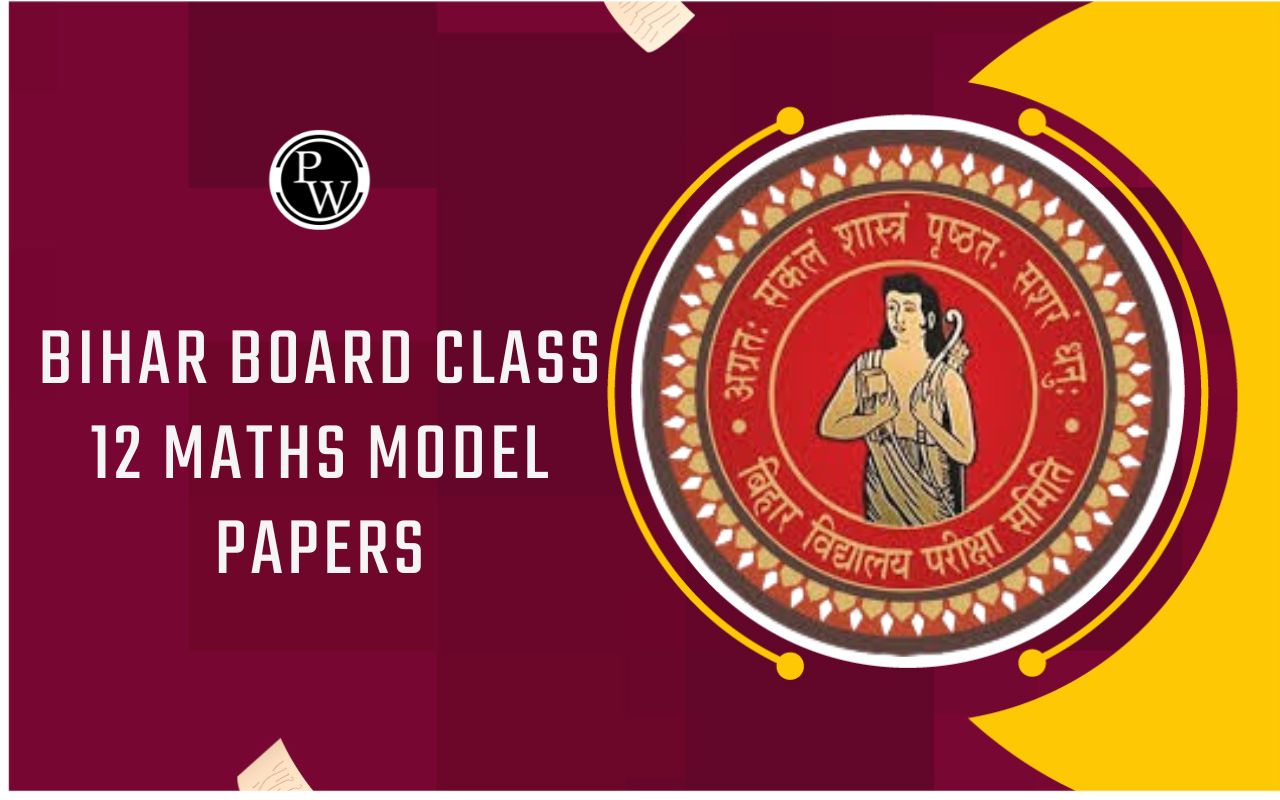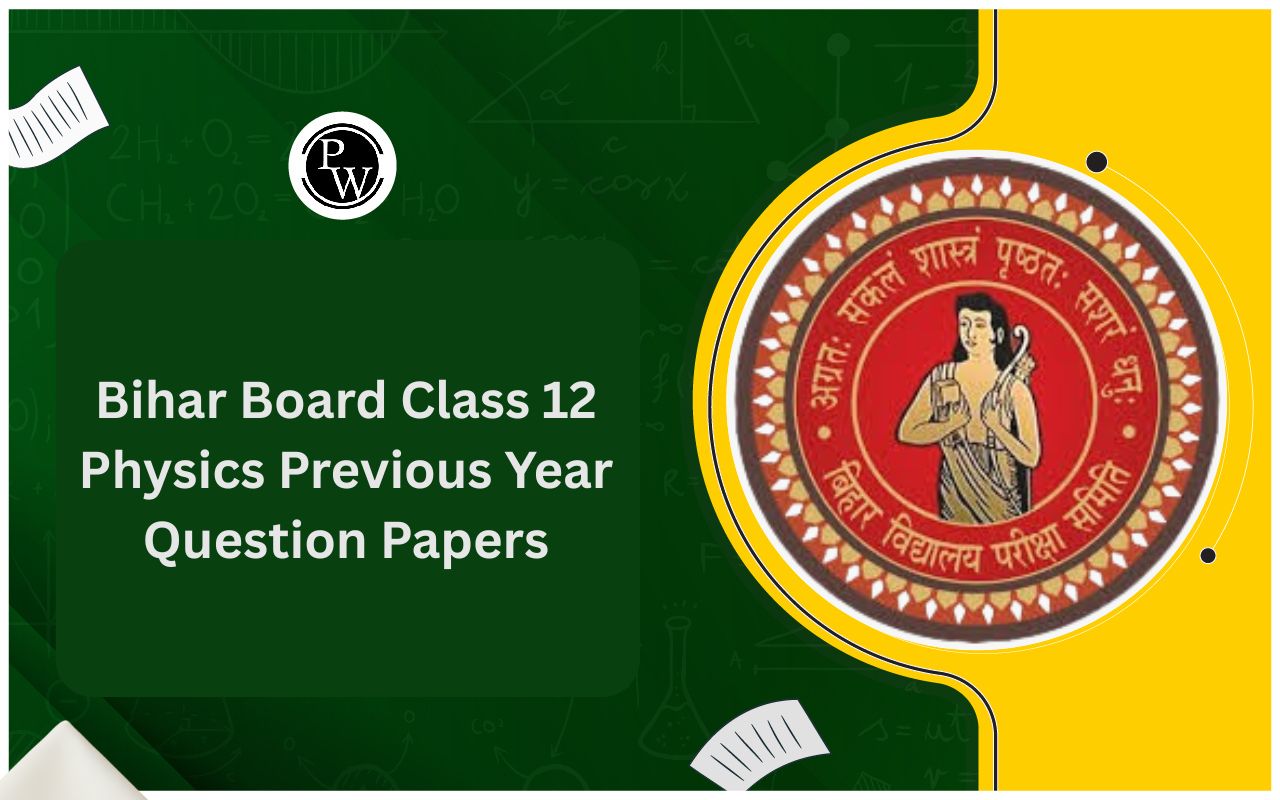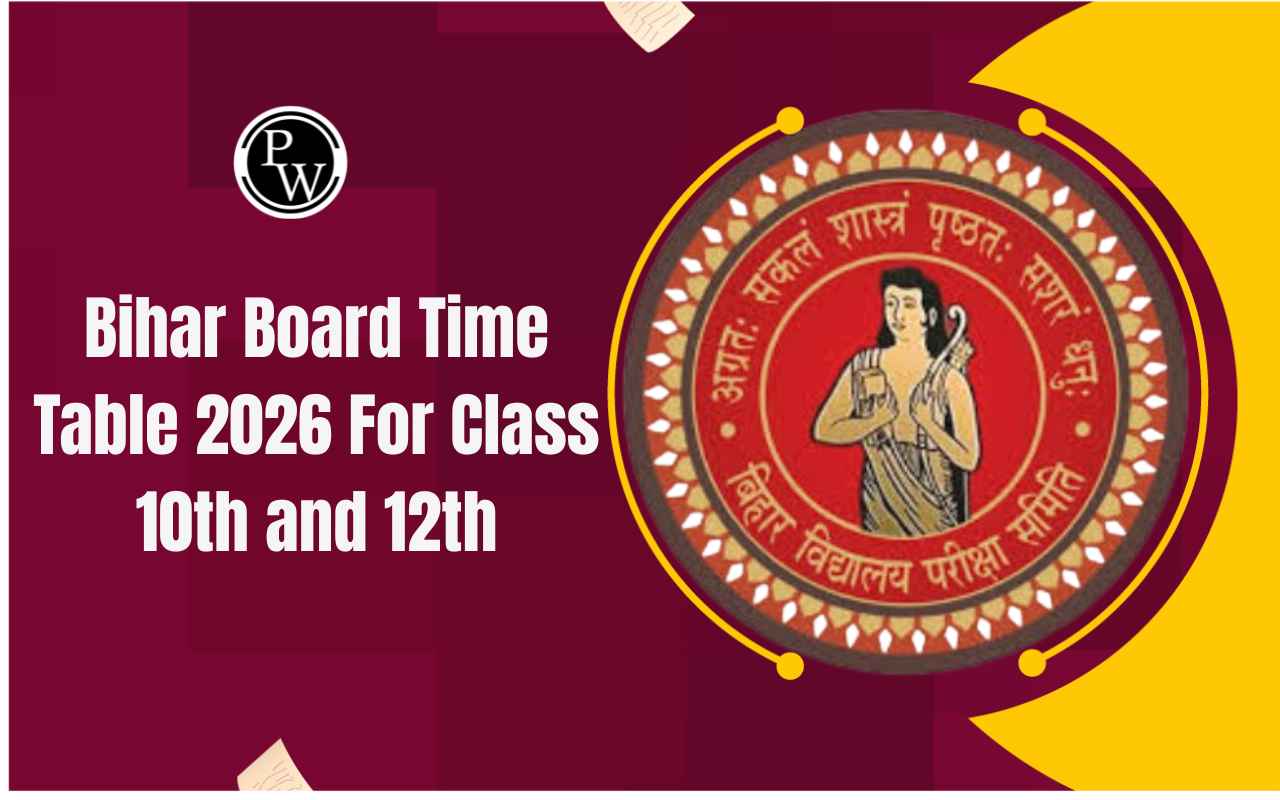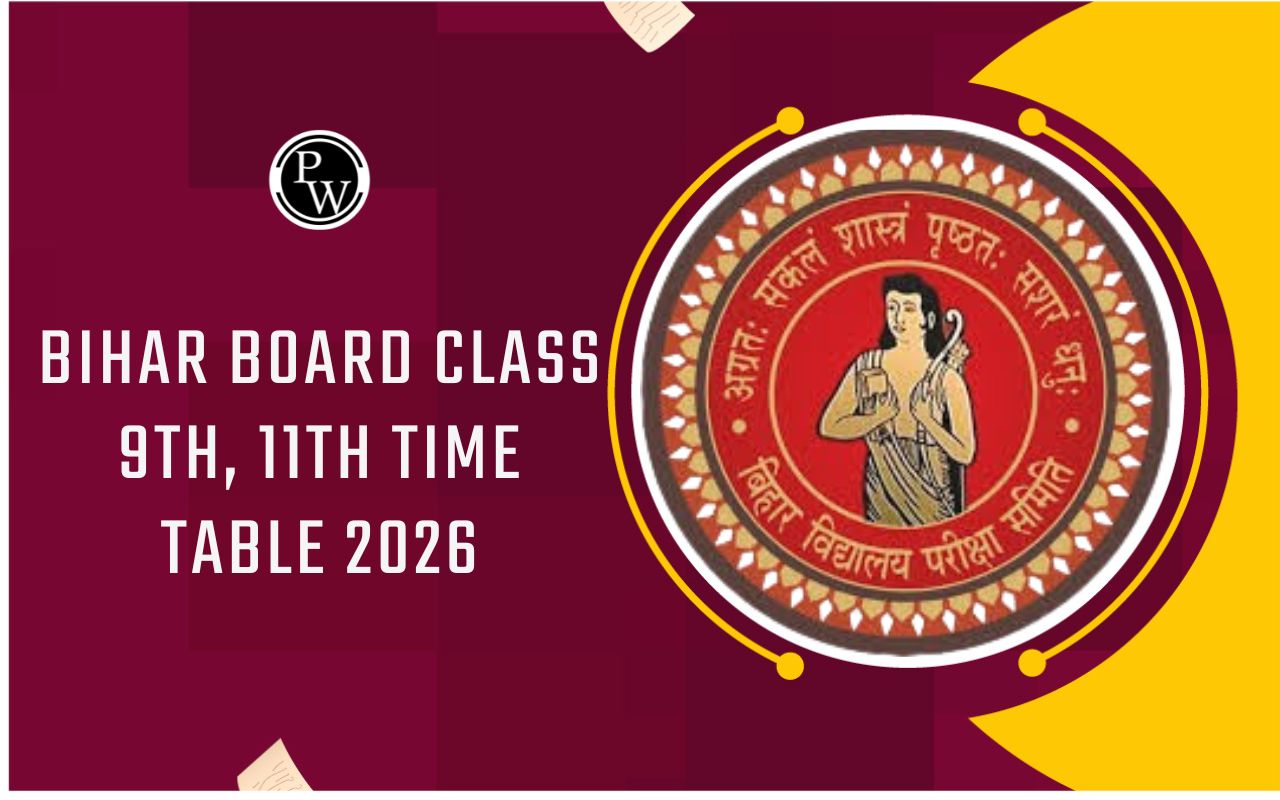
Bihar Board Class 11 Geography Syllabus 2025-26: The BSEB introduces the official syllabus for both Class XI and XII altogether, to promote concept-based learning experience for students. The syllabus provides a complete understanding of the subject by introducing Geography as a discipline and its sub topics like Climate, Biosphere, Man and Environment and more.
The aim is to help students understand the subject step-by-step and build a strong base. The syllabus includes both theory and practical topics like map reading, fieldwork, and how to use weather instruments. It follows the NCERT pattern and helps students get ready for higher studies and exams.
Bihar Board Class 11 History Syllabus
Bihar Board Class 11 Geography Syllabus 2026 Overview
Bihar Board Class 11 Geography Syllabus 2026 is structured to give students a strong conceptual understanding of both physical and human geography. It encourages students to explore geographical concepts through case studies, fieldwork, map reading, and the use of weather-related instruments.
This syllabus aims to improve observation skills, analytical thinking, and allows students to know more about the environment, society, and sustainable development. Here is the overview of the syllabus 2026:
|
Bihar Board Class 11 Geography Syllabus 2026 Overview |
|
|
Board |
Bihar School Examination Board (BSEB) |
|
Class |
11th |
|
Subject |
Geography |
|
Academic Year |
2025–26 |
|
Curriculum Base |
NCERT Guidelines |
|
Medium |
English and Hindi |
|
Exam Duration |
3 Hours |
|
Include |
Theory + Practical |
|
Key Focus |
Practical skills, Conceptual Clarity, Map Reading, and Environmental Awareness |
Bihar Board Class 11 Political Science Syllabus
Bihar Board Class 11 Geography Syllabus 2026 Unit-Wise
Bihar Board Class 11 Geography Syllabus 2026 is divided majorly into two sections namely: Fundamentals of Physical Geography and Economic Geography. These two sections are further divided into various units and key concepts, providing a complete coverage of the geographical features of the world and India.
In Class 11, Geography is introduced as a separate subject and focuses to provide a detailed introduction to Geography as a discipline. It is important for students belonging to the humanities stream to understand the subject properly.
The syllabus not only focuses on understanding concepts but also allows students to discuss and create models for better understanding, promoting a deeper practical knowledge. Below here is the syllabus for Fundamentals of Physical Geography and Economic Geography:
|
Bihar Board Class 11 Geography Syllabus 2025-26 Section One |
||
|
Unit |
Key Concepts |
Activity/ Resources |
|
1. Geography as a discipline |
Nature and Scope, Science & Spatial attributes, Branches of Geography, Importance of physical geography, Reasons: Added for the initial knowledge of Geography. |
Discussion on Geography as a discipline through Charts and diagrams. |
|
2. Earth |
Origin and Evolution of the Earth, Interior of the Earth, Wegener’s continental drift theory and plate tectonics, Geological process, Earthquake, volcanoes |
To prepare a model of the interior of the earth. |
|
3. Landforms |
Minerals and Rocks, Types of Rocks and its characteristics, Geomorphic process: weathering and erosion, Landforms and its types |
To give knowledge about landforms of the nearest places through field survey / short tour, to show areas of soil. |
|
4. Climate |
Composition and structure, Elements of Weather and Climate, Insolation: Angle of incidence of Sun’s ray & distribution, Heat Budget, Heating and Cooling of Atmosphere, Conduction, Convection, Radiation, Problems of Global Warming, Green House Effects, Pressure Belts, Winds – Planetary, Seasonal & Local and its effects, Air masses and fronts, Cyclones: Tropical & Temperate, Condensation and Evaporation process |
To give knowledge of weather phenomena through observations and experiments. Discussion on Geography as a discipline in Charts and diagrams. |
|
5. Hydrosphere (Water oceans) |
Forms of condensation: Dew, frost, fog, mist & clouds, Precipitation, Types of Rainfall, Hydrological Cycle, Study of Submarine Relief, Distribution of temperature and Salinity, Movements of Ocean water: waves, tides and currents |
Through Maps and diagrams. |
|
6. Biosphere |
Ecosystems, Role of Man in Ecological Imbalance, Human and Environmental effects |
To prepare a Model Ecosystem. |
The other section Economic Geography is further divided into four units with various key concepts and activities to be performed by the students.
|
Bihar Board Class 11 Geography Syllabus 2025-26 Section Two |
||
|
Unit |
Key Concepts |
Activity/ Resources |
|
1. Resource |
Meaning and Scope, Concept, Classification and Conservation |
Charts & Models |
|
2. Man and Environment |
Major natural Regions of the world: Equatorial Region, Monsoon Region, Tropical Region, Temperate grassland, Human Life |
Usage of Maps and Globe. |
|
3. Main crops of the World |
Grains – Rice, Wheat & Pulses. Cash Crops – Cotton & Sugarcane. Plantation Crops: Tea, Milk Production, Geographical conditions, distribution and world-trade of different crop’s production |
- Maps - Project works - Diagrams |
|
4. Major industries of the World |
Utility and distribution of Iron-ore, Cotton-textile, Factors of Industrialization and its effects on the economy. |
|
Bihar Board Class 11 English Syllabus
Bihar Board Class 11 Geography Syllabus 2026 Practical Assignment
The syllabus also includes a tabular format of all the units and key concepts for the practical assignment section which carries 30 marks. It gives students a chance to learn practical skills as well along with theoretical knowledge. Here is a list of practical assignments you need to work on:
|
Bihar Board Class 11 Geography Syllabus 2026 Practical Assignment |
|||
|
UNIT |
KEY CONCEPTS |
LEARNING OUTCOME |
ACTIVITY / RESOURCE |
|
1. Basics of Map (Fundamentals of Map) |
- Types of Maps and Scales - Finding direction on Map - Use of Symbols (Conventional) - Projections – Types and Utility - Conical projection with 1 standard parallel |
- Aim of Map study is to bring the landforms and its features on a plain paper and to provide knowledge of its study. |
- Line formation - To show some major places and landforms on world map |
|
2. Study of Maps Related to Landforms and Weather Phenomena (TOPO SHEET) |
- Study of topographical sheet (Topo-sheet) - Toposheet of Bihar, Based on R:1:50,000 represented by A.S.I. (Archaeological Survey of India) |
- To give knowledge of landforms through maps. |
- Topo-sheet - Maps - Conventional symbols |
|
3. Contour Lines |
- Profiles on the basis of Contour lines - Mountains, Plateau, Valleys, Waterfall & Slope |
- Study of converse topography on plain land and its knowledge. |
- Maps - Toposheet |
|
4. Utility of Weather Related Instruments |
- Thermometer - Barometer - Rain-gauge - Readings of Instruments |
- Readings of Instrument necessary |
- To note temperature of classroom and to discuss its differences. |
|
5. Practical Records |
- Serial maintenance and representation of Practical records |
Survey, field survey, picturisation of Practical works |
|
Bihar Board Class 11 Geography Syllabus 2025-26 Download PDF
Students must refer to the Bihar Board Class 11 syllabus to check whether they are preparing in the right direction or not. They must regularly revisit the syllabus and mark units which they have completed and focus on units from which questions are frequently asked. It is important to be aware of the important key concepts to be covered during the preparation. You can download the syllabus from here:
Bihar Board Class 11 Geography Syllabus 2026
Bihar Board Class 11 Geography Syllabus 2026 Importance
-
The Bihar Board Class 11th Syllabus for Geography 2025-26 introduces basic geographical concepts like physical features, climate, and population. These topics are directly continued in Class 12 and appear in many competitive exams such as UPSC and BPSC.
-
Geography isn’t just a theoretical subject, instead it allows students to connect textbook knowledge with real-world issues like how population affects resources or how natural disasters occur. This makes learning meaningful and effective.
-
The practical assessment helps students analyze the geographical patterns through maps, diagrams, and data charts. These skills develop logical thinking and allow students to think and interpret beyond the text.
-
The syllabus promotes interdisciplinary learning as it connects history (ancient civilizations), economics (resources and industries), and science (weather and environment). This makes it a great subject for developing a well-rounded perspective.
-
By studying topics like climate change, deforestation, and conservation of resources, students develop a sense of responsibility towards the planet. It helps them understand the balance of natural systems and the impact of human activities.
Bihar Board Class 11 Geography Syllabus 2025-26 FAQs
Is there a practical section in the Class 11 Geography syllabus?
Where can I download the Bihar Board Class 11 Geography syllabus PDF for 2025-26?
What is the exam pattern for Class 11 Geography under Bihar Board?
Does the syllabus follow the NCERT curriculum?

